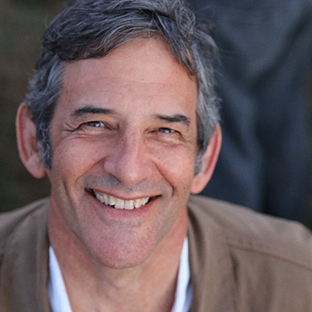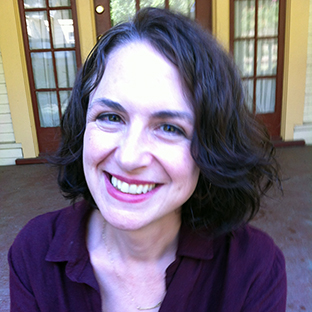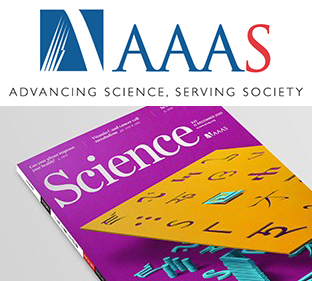Following on our story about financial resources for Lyme patients, we received this submission from Eric Minghella, an Outreach Coordinator for the Disability Benefits Help Center, offering to help clarify the process of applying for coverage.
“I came across the Bay Area Lyme Foundation this morning and I was so impressed by the work you do for people who have been affected by Lyme Disease. The resources and awareness you provide for families in need are so valuable and very much needed. I was wondering if I could contribute to the Bay Area Lyme Foundation by writing an article on applying for Social Security benefits with Lyme Disease. I work for Disability benefits help and I know that the process can be very confusing.”
As many know, treatment for and recovery from Lyme disease can be a long and costly process for those who suffer chronic symptoms. Applying for financial support can be a perplexing and tiresome endeavor, however, there are resources to assist you and you may find answers here.
 Wednesday evening September 14th, Jordan Fisher Smith, Lyme patient, former National Park Service (NPS) ranger and US Forest Service firefighter, narrator of the Lyme documentary
Wednesday evening September 14th, Jordan Fisher Smith, Lyme patient, former National Park Service (NPS) ranger and US Forest Service firefighter, narrator of the Lyme documentary  Bay Area author and noted documentary filmmaker Eliza Hemenway recently turned her journalistic eye toward her own family to document a notably personal and tryingly poignant story about her family’s trials with Lyme disease and the baffling enigma that surrounds the illness and its treatment. Her daughter, Katherine, just seven years old when infected, suffered for years before successfully being diagnosed. And even after diagnosis, the family struggled to get the care they needed.
Bay Area author and noted documentary filmmaker Eliza Hemenway recently turned her journalistic eye toward her own family to document a notably personal and tryingly poignant story about her family’s trials with Lyme disease and the baffling enigma that surrounds the illness and its treatment. Her daughter, Katherine, just seven years old when infected, suffered for years before successfully being diagnosed. And even after diagnosis, the family struggled to get the care they needed. Some weeks ago, two members of the Bay Area Lyme Foundation Science Committee,
Some weeks ago, two members of the Bay Area Lyme Foundation Science Committee,